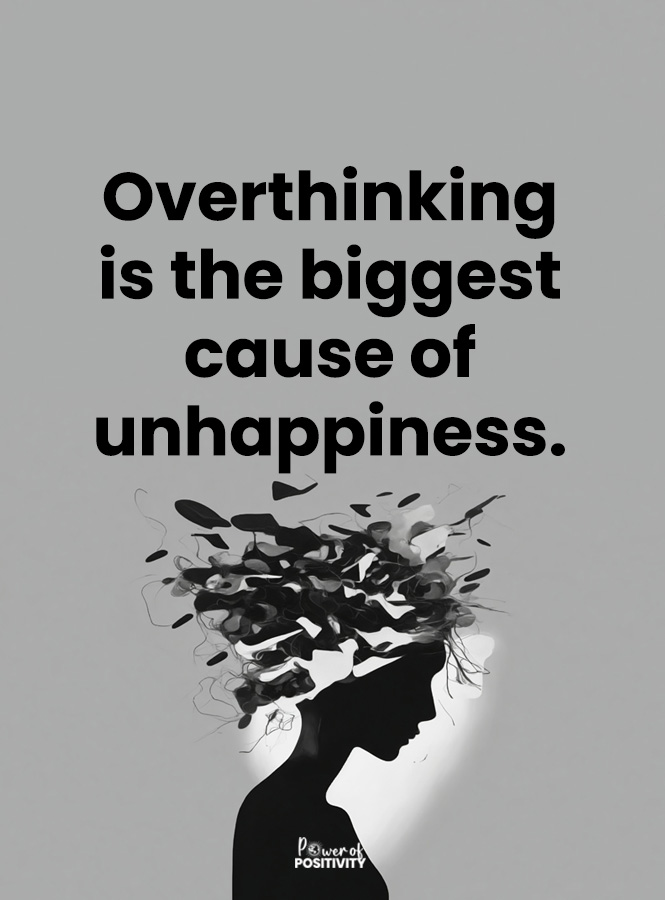Why can depression lead to anger? It’s not something people usually associate with this condition, but it happens more often than we think. When someone’s dealing with depression, they might not just feel sadness—they can also feel a deep sense of frustration or irritation. It’s like carrying a load of emotions that have nowhere to go. This anger can be directed inward, making a person feel worse about themselves, or it can spill over into relationships, affecting those around them. It’s a challenging part of depression that’s often overlooked. But why does this happen? It’s rooted in how our minds and bodies handle overwhelming stress and emotions. Understanding how these two feelings are connected can be eye-opening, helping to bring a new perspective on how depression truly feels and why addressing anger is important in finding relief.
Depression Beyond Sadness: The Science Behind Hidden Emotions
Depression isn’t just about feeling sad all the time; it’s more complicated than that. It can bring up all sorts of hidden emotions, including anger. When people think of depression, they usually imagine tiredness, hopelessness, or loss of interest. But the reality is that depression can lead to anger, and this side of it often goes unnoticed. Suppressed anger, in particular, can be a big part of someone’s experience with depression. It’s the anger that gets pushed down, bottled up, and kept inside. Studies have shown that this anger doesn’t just disappear—it builds up over time, making depression even harder to handle. This frustration can come from feeling stuck, unheard, or even disappointed with oneself.

How Depression Fuels Hidden Anger
Depression often comes with a harsh inner voice, which doesn’t just bring sadness—it can also trigger anger. This anger is usually directed inward. People with depression might constantly criticize themselves, feeling like they’re never good enough. Here’s how this plays out:
- Self-Criticism: Negative thoughts and self-blame fuel anger, making individuals feel worse about themselves. This self-directed anger becomes a heavy burden to carry.
- Low Self-Esteem: Depression often leads to feelings of worthlessness, which can amplify anger toward oneself.
- Research Findings: Experts even describe depression as anger turned inward, where the pain of unmet expectations feeds the depression.
But anger doesn’t just stay inside; it can also be directed outward toward the world:
- Frustration with Life: People might feel that life is unfair or that their efforts are not recognized.
- Helplessness: The inability to change personal struggles or broader issues can make depression feel even more overwhelming.
- Misunderstood Emotions: This sense of frustration is not just sadness—it’s anger at circumstances that feel beyond control.
Depression and the Fight-or-Flight Response
Depression doesn’t just bring sadness; it also triggers the body’s natural fight-or-flight response. While some people may retreat into isolation, others might respond with anger. This anger acts as the “fight” response, stepping in as a defense mechanism. When someone feels vulnerable or exposed, anger can feel like a shield, masking the deeper pain beneath. Instead of withdrawing, they might get irritable or lash out, as if their body is choosing to “fight” rather than “flee.” Experts suggest that anger often becomes a coping tool, helping to hide feelings of insecurity or loss of control. It’s the brain’s attempt to take charge of a situation that feels overwhelming, which explains why *depression can lead to anger*.
Freud once described depression as “anger turned inward,” meaning that the anger we don’t express externally gets directed toward ourselves. This idea still resonates today. Modern research shows that self-critical thoughts can be linked to depressive anger, where unspoken frustrations weigh heavily on the mind. These theories help us understand why anger isn’t just an unexpected part of depression but also a major player in its emotional challenges.

Inner Criticism and the “Critical Inner Voice”
Have you ever had that nagging voice in your head that just won’t quit? For many dealing with mental health struggles, this “critical inner voice” becomes an almost constant presence. It’s harsh, always pointing out flaws and mistakes, making a person feel ashamed, guilty, and angry at themselves. Here’s how this plays out:
- Harsh Self-Talk: This inner critic doesn’t miss a beat, attacking everything from personal decisions to past regrets, which fuels self-directed anger.
- Feelings of Guilt: It digs up past mistakes, no matter how small, making someone feel trapped by guilt. It’s hard to shake off the feeling of always falling short.
- Daily Wear and Tear: Imagine dealing with this negative voice day in and day out. It’s exhausting, draining energy, and amplifying frustration.
Types of Anger in Depression
When we think about anger in depression, it’s important to understand that it can show up in different ways. It can either be harmful or even somewhat helpful. Here’s how:
- Maladaptive Anger: This type of anger tends to make things worse. It’s the kind of anger that causes people to sulk, withdraw, or even lash out unexpectedly. Instead of helping, it traps people in a cycle of frustration, which only deepens depression. Studies show that this form of anger can have serious consequences, increasing the severity of emotional disorders. It’s like being caught in quicksand—the more you try to ignore or bottle up the anger, the deeper you sink.
- Adaptive Anger: On the flip side, not all anger is bad. Adaptive anger can actually motivate people to tackle what’s hurting them. It’s the type of anger that pushes someone to stand up for themselves or change what’s causing their pain. For instance, some people channel this anger into creative outlets like painting, writing, or even physical activities like running. This positive outlet doesn’t just release built-up energy; it helps address the pain behind the anger. Understanding this type of anger shows how *depression can lead to anger* but also how that anger can be turned into something useful.
How Trauma and Learned Behavior Contribute to Anger
When it comes to anger in depression, childhood experiences often play a big role. For many, growing up with emotional neglect or witnessing parental anger leaves a lasting impact. These early traumas can make it hard to express or manage emotions in a healthy way as adults. Instead of learning how to deal with feelings, some people learn to bottle them up or lash out.
This learned behavior sticks around, making it tough to process emotions effectively later in life. It’s like carrying old habits that never really helped but were all they had to survive. Over time, the anger that’s suppressed or misdirected adds to the weight of depression.
Coping with Anger Caused by Depression
Dealing with anger tied to depression isn’t easy, but self-compassion can help. This approach involves being kinder to yourself, treating yourself the way you would a friend. Kristin Neff’s research shows that self-compassion, which includes self-kindness, mindfulness, and seeing yourself as part of a common human experience, can reduce feelings of depression and self-directed anger. It’s about accepting that everyone struggles and that being gentle with yourself can make a real difference.
Another useful strategy is to look closely at negative self-talk. Often, the critical thoughts we have about ourselves aren’t facts; they’re just perceptions that have built up over time. Writing these thoughts down and addressing them in the second person—like talking to someone else—can help create some distance from them. It’s like saying, “You are doing your best,” rather than I’m not good enough. This shift helps make those negative voices less powerful, giving you more control over your thoughts and reactions.

Additional Strategies to Manage Anger in Depression
Here are the strategies to manage anger in depression:
- Exercise as an Outlet: Physical activity, like walking, running, or even dancing, releases endorphins, which can improve mood and reduce anger. Even a short workout can help when depression leads to anger.
- Journaling for Emotional Release: Writing down your thoughts can be a powerful way to uncover triggers and understand what fuels your anger. It’s a simple but effective method for gaining clarity.
- Talking to Someone: Opening up to a therapist or a trusted friend provides a safe space to express feelings. This kind of support helps with emotional relief and better understanding.
Final Thoughts on Understanding Depression and Anger
It’s normal to feel angry when dealing with depression. Recognizing that depression can lead to anger is a big step toward feeling better. Anger doesn’t make you a bad person; it’s just part of what you’re facing. The key is learning to accept these feelings and show yourself some kindness. Try to approach your emotions like you would with a friend—with patience and understanding. Talking openly with someone you trust or a therapist can bring relief, too. Remember, self-love isn’t about fixing everything at once; it’s about taking small, caring steps toward healing.















